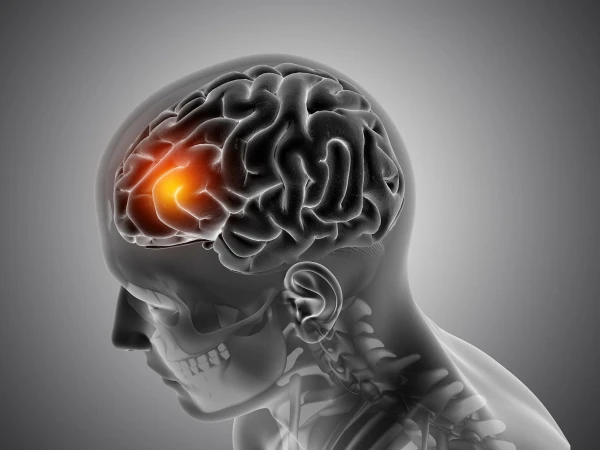Scientists at Columbia University and McGill University have discovered a chemical in the brain that promotes suicide.
According to reports, experts found that high levels of a brain chemical called SGK1 may be responsible for depression and suicidal thoughts in people who experienced childhood trauma or other suffering.
The discovery could lead to a new type of antidepressant that targets this chemical and works better for people who suffered from difficulties in early life.
The study, published in the journal Molecular Psychiatry, makes a significant breakthrough in understanding why traditional antidepressant medications often fail to help people with a history of childhood trauma.
About 60 percent of American adults with major depression and about two-thirds of those who attempt suicide have experienced some form of abuse or neglect in childhood.
Christoph Anker, an assistant professor of clinical neurobiology at Columbia University and the study’s lead author, explained that current antidepressants are often less effective for people with a history of childhood adversity, which is a large proportion of adults with depression.
What’s exciting about our study is that it opens the door to new treatments, since other drugs that inhibit SGK1 are already in development, he said.
